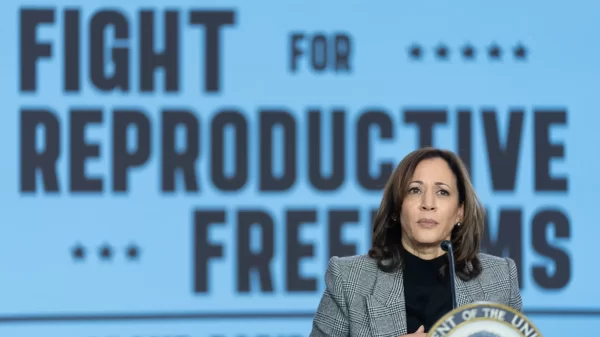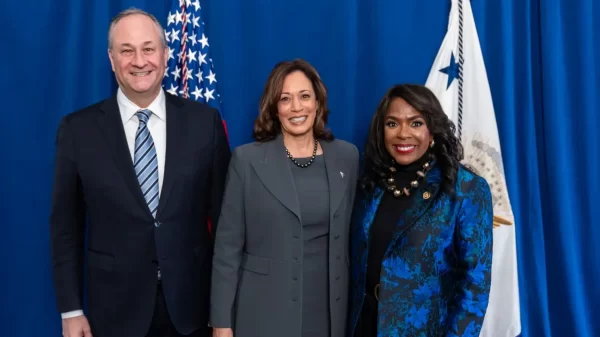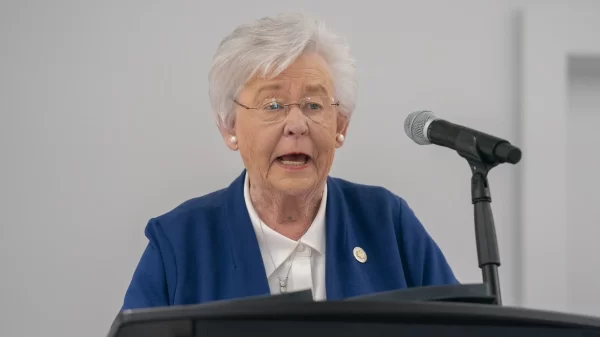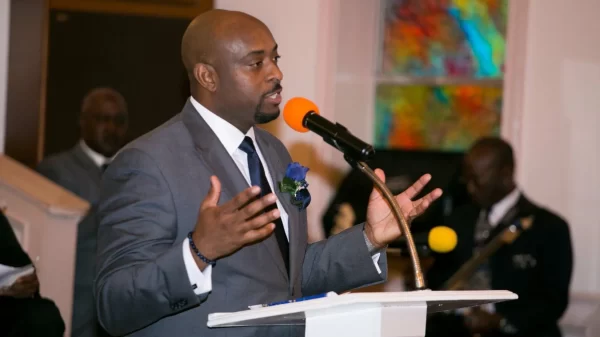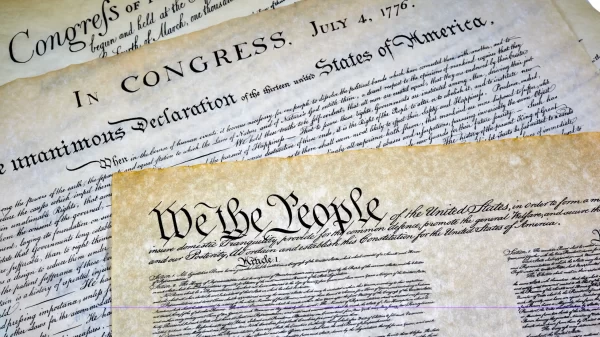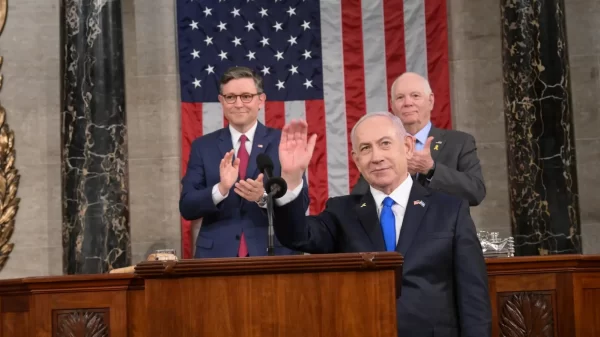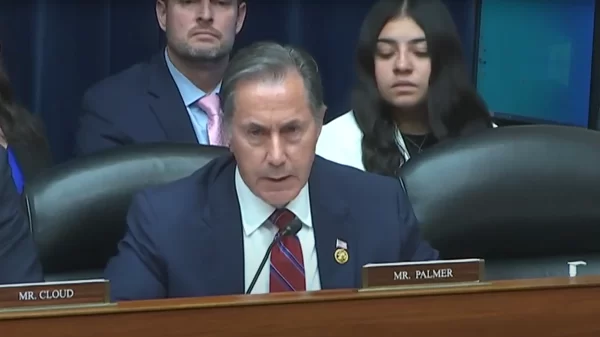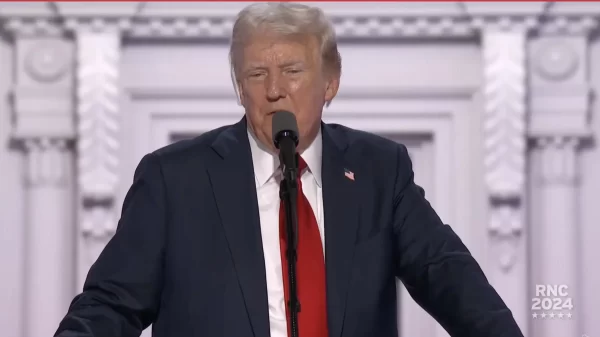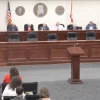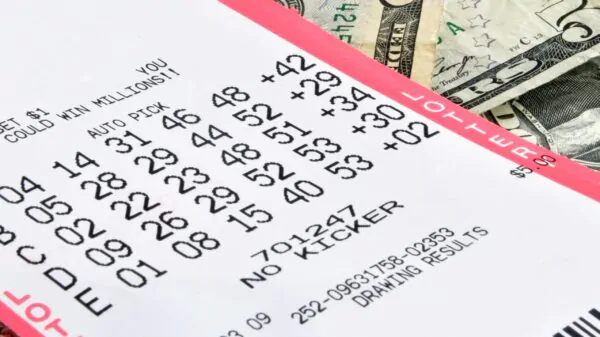EDUCATION MATTERS
By Larry Lee
As soon as the Alabama Accountability Act was passed by the legislature in February 2013 educators knew it was fatally flawed. It was not supported by research. Vouchers have never been shown to bring about significant change in education outcomes. And the promise it would improve failing schools and help their students was illogical.
We were told that failing schools would be made better through competition. Anyone who believes that needs to ride through downtown Opp and ask merchants how much the Walmart supercenter in Andalusia has helped them.
And as more and more information becomes available about the scholarship program and the private schools and students receiving them, we’re learning that what we were told 30 months ago is no more true than had we been told there really is a tooth fairy.
When you gather all the info available now made public about this legislation, spend hours looking at numbers and punching a calculator one of the conclusions you come to is that this scholarship program, fueled by dollars diverted from the Education Trust Fund, is giving far more aid to highly-segregated schools (both white and black) than those that are not.
The most recent official enrollment numbers from the Alabama State Department of Education show in 2014-15 we had 733,089 K 12 students and 33.1 percent were black. For the most part, most schools in a system do not divert much from the system average for racial make up. For instance, average for Decatur City is 31.7 percent black. The 17 schools in the system range from 18 percent to 45.6 percent.
But this consistency is not the case with private schools receiving scholarship money as the lion’s share of funding has gone to schools that are very segregated.
There are currently 179 private schools enrolled in AAA. According to reports filed with the Alabama Department of Revenue by scholarship granting organizations (SGO) at the end of September, 37 have not received scholarships. Of those that have, info on their black/white student population is available for 125.
Thanks to excellent work by Trish Crain at the Alabama School Connection, we know 66 schools have a black population of 15 percent or less, 33 are 85 percent or higher and only 26 are somewhere in between. Seventeen have no white students and six have no black students.
The most segregated schools received the vast majority of scholarship funds paid out by Sept. 30, 2015. Of the total of $7,695,480 awarded, 75.3 percent went to those with 85 percent or more white students or 85 percent or more black students.
And of the 3,586 scholarships awarded in these 125 schools, only 23.7 percent went to students either previously attending a failing school or zoned to attend one. Of course, the original intent of the accountability act was to help failing schools and failing students, but this bill never came close to fulfilling that pledge.
We have now diverted more than $54 million from the Education Trust Fund to fund AAA since it was created in 2013. Somehow enough Senators and Representatives were convinced AAA was good education policy to pass it.
But it never was and it will never be.
And once again we have learned that if you don’t know what do to in the kitchen, you should not write a recipe book.
We all make mistakes. There is no dishonor in doing so. It is only when we are too stubborn to admit our mistakes that dishonor surfaces.
Larry Lee led the study, Lessons Learned from Rural Schools, and is a long-time advocate for public education. [email protected] read his blog: www.larryeducation.com


